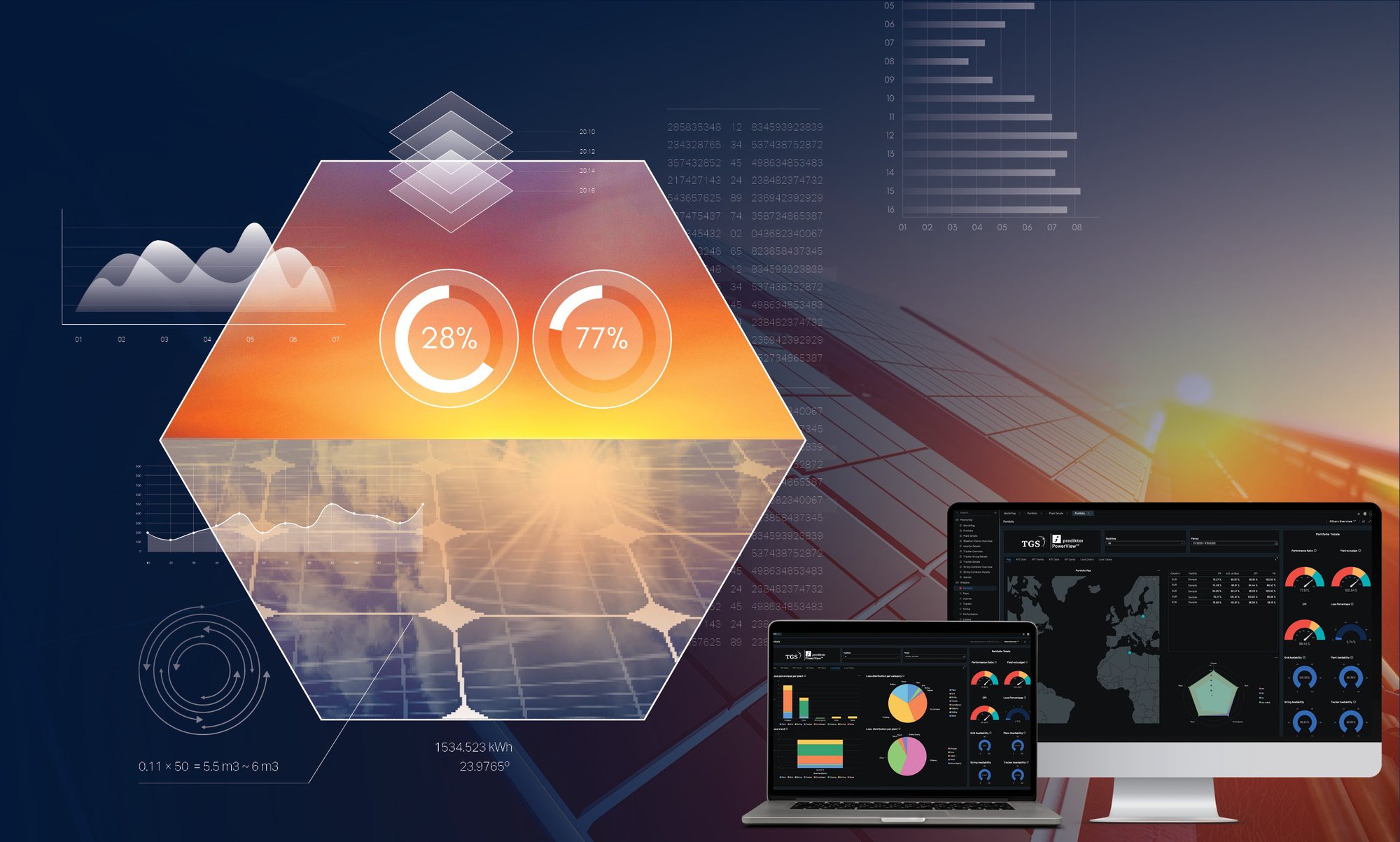
Prediktor is Now TGS
In July 2022, TGS acquired Prediktor, a leading asset management and real-time data management solutions provider to renewable and energy asset owners.
This integration offers comprehensive solutions, combining data management and actionable insights. It supports decision-making, project development, and asset performance management across various energy project life cycles and markets.
Kristian Johansen, CEO at TGS, commented: "I am very pleased to announce the acquisition of Prediktor. The company has an impressive track record of providing cutting-edge data-driven solutions and superior customer service to energy companies worldwide – a cultural fit with TGS." Read the full release here.
